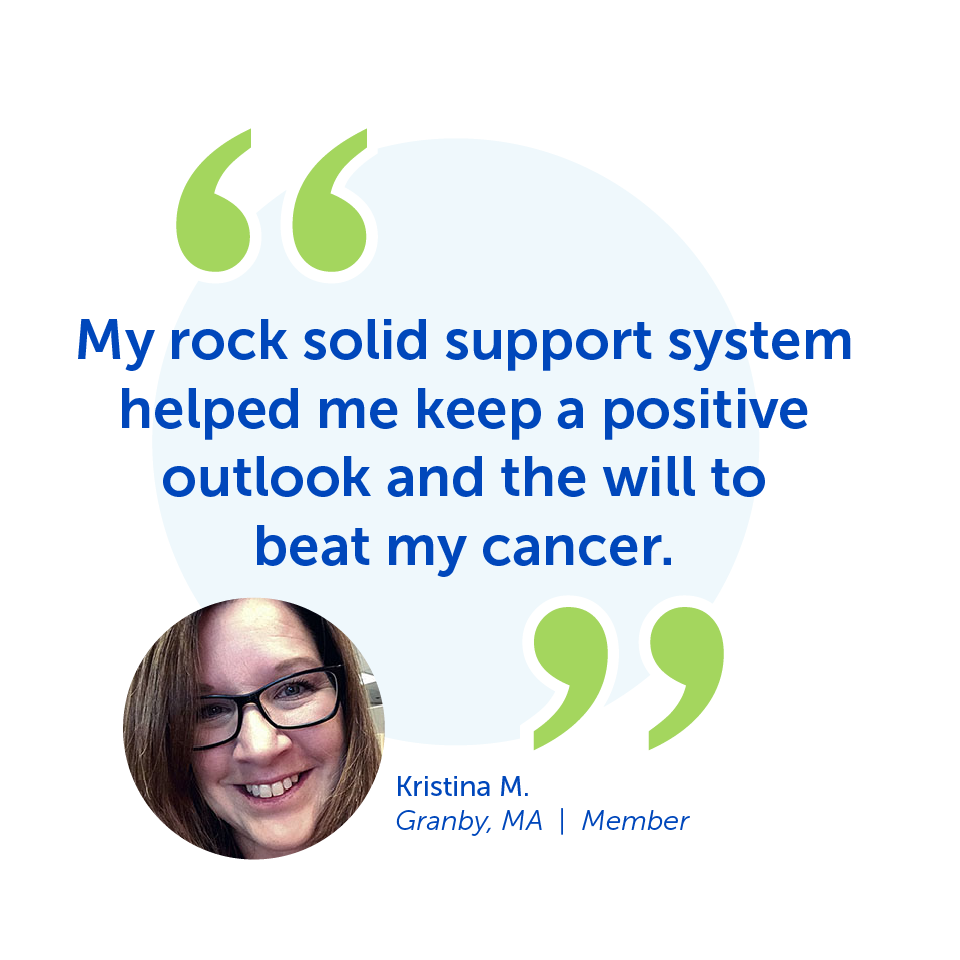Tough Conversations, Made Easier–
This Month's Topic: Colorectal Cancer Awareness
Schedule an appointment - click the Find a Provider link above.
Let’s get to the tough conversation part and define what is colorectal cancer is:
Colorectal cancer is cancer of the colon or rectum. It can form from polyps, or abnormal growths, in the colon or rectum.
The honest truth:
Bringing up conversations about colorectal care can be hard, embarrassing and uncomfortable. People tend to put off these conversations off from their doctor because they scared of the procedure and/or the outcome.
But guess what?
Colorectal cancer is one of the most treatable cancers - if it’s caught early. The best way to prevent colorectal cancer is to get screened regularly starting at age 50.
Why regular screenings are so important:
According to the American Cancer Society, when colorectal cancer is found at an early stage before it has spread, the five-year relative survival rate is about 90%. But only about 4 out of 10 colorectal cancers are found at this early stage. When cancer has spread outside the colon or rectum, survival rates are lower. Unfortunately, about 1 in 3 people in the United States who should get tested for colorectal cancer have never been screened. This may be because they don't know that regular testing could save their lives from this disease.
Facts to know
:
• People over age 50 have the highest risk of colorectal cancer.
• Screenings can find polyps, which can be removed before they turn into cancer.
• There are often no signs or symptoms of colorectal cancer – that’s why it’s so important to get screened.
Your family history can increase the risk for colorectal cancer:
• A family history of the disease or polyps
• A personal history of inflammatory bowel disease, like Crohn’s disease or ulcerative colitis
• A personal history of colorectal cancer or polyps
Remember, if something doesn’t seem right, just go get it checked out. Ask your doctor about a screening colonoscopy and what other testing options are available. Together, you can determine the type of testing and schedule that’s right for you.
Source: https://www.cancer.org/cancer/colon-rectal-cancer/
My name is Kristina and I am a survivor.

In 2014, a month before my 37th birthday, I had a non-routine colonoscopy due to abnormal blood levels caught during an annual physician exam. The end result, Stage III Rectal Cancer. I have gone through multiple procedures (two rounds of chemotherapy, one round of radiation, abdominoperineal resection (for an ostomy) as well as three colonoscopies, one endoscopy, one sigmoidoscopy, four CT scans, one PET scan, and multiple vials of blood and doctor’s visits. Not to mention various emotions.
Over the last five years, I have been fortunate to have an amazing support system who have and continued to keep me grounded. They have taught me about perspective and how to beat cancer with a positive outlook. I am now in year five of complete remission.
I can’t stress enough how important it is to listen to your body. If something does seem right, then book an appointment with your doctor. Only YOU can advocate for yourself.